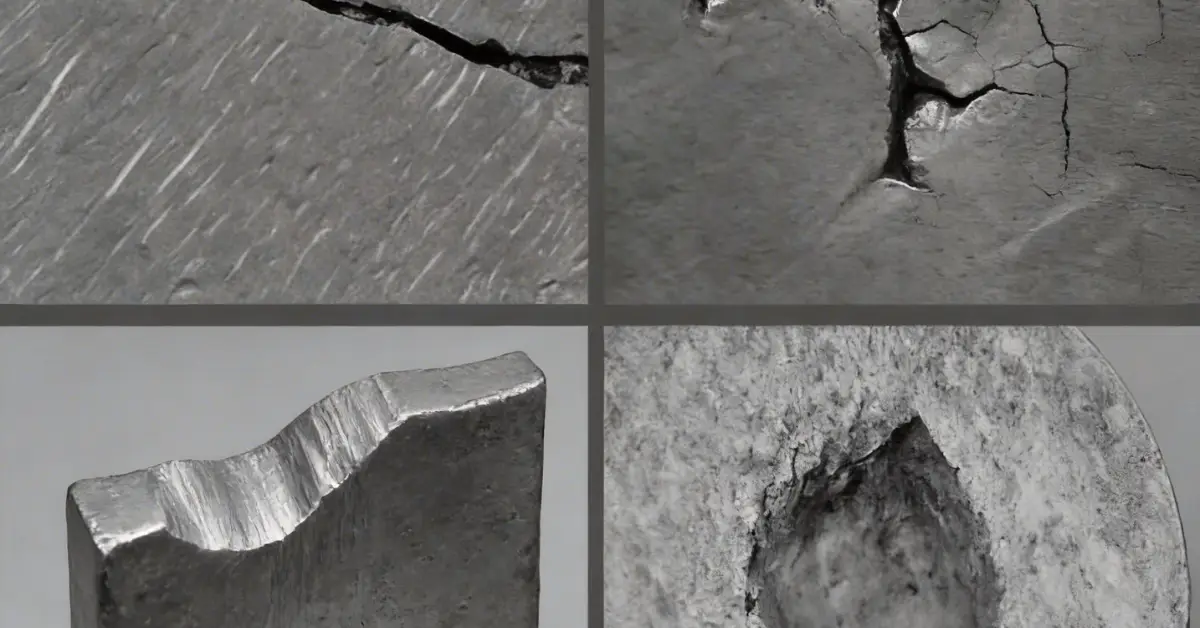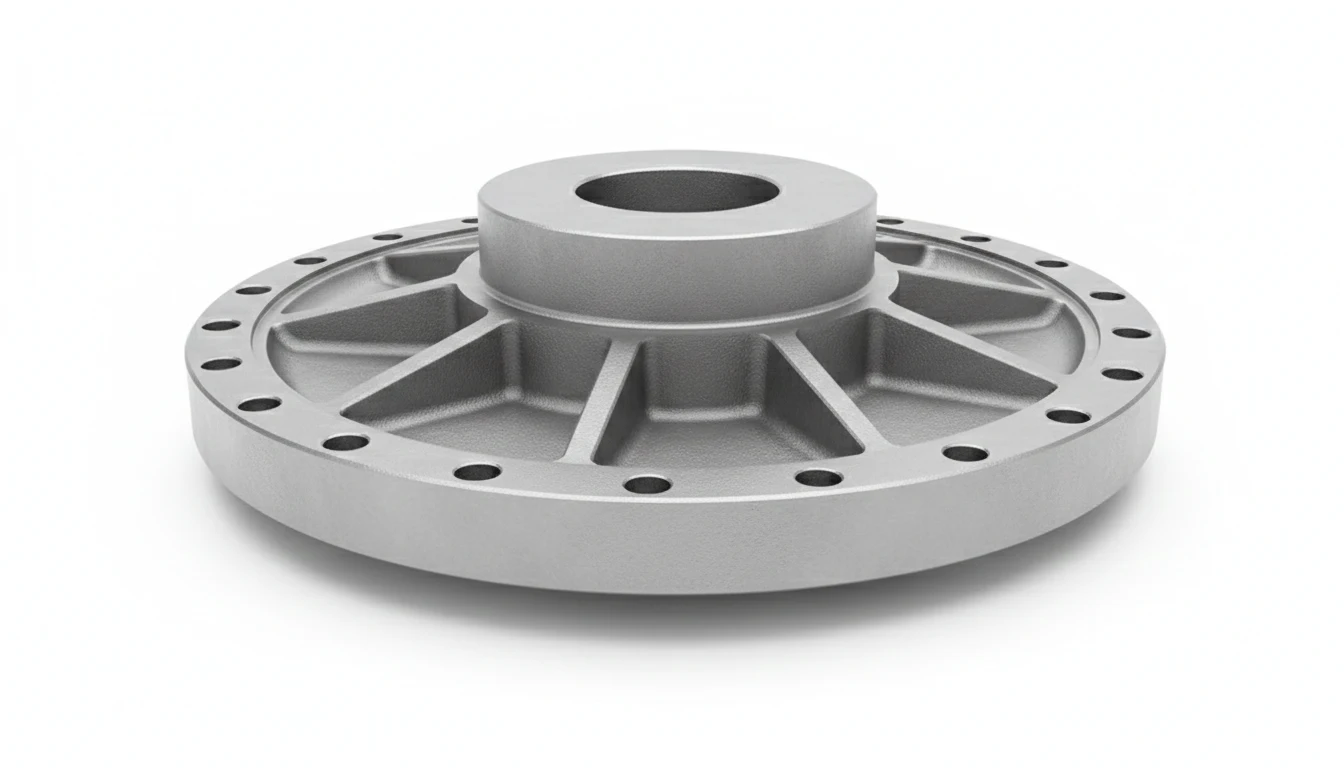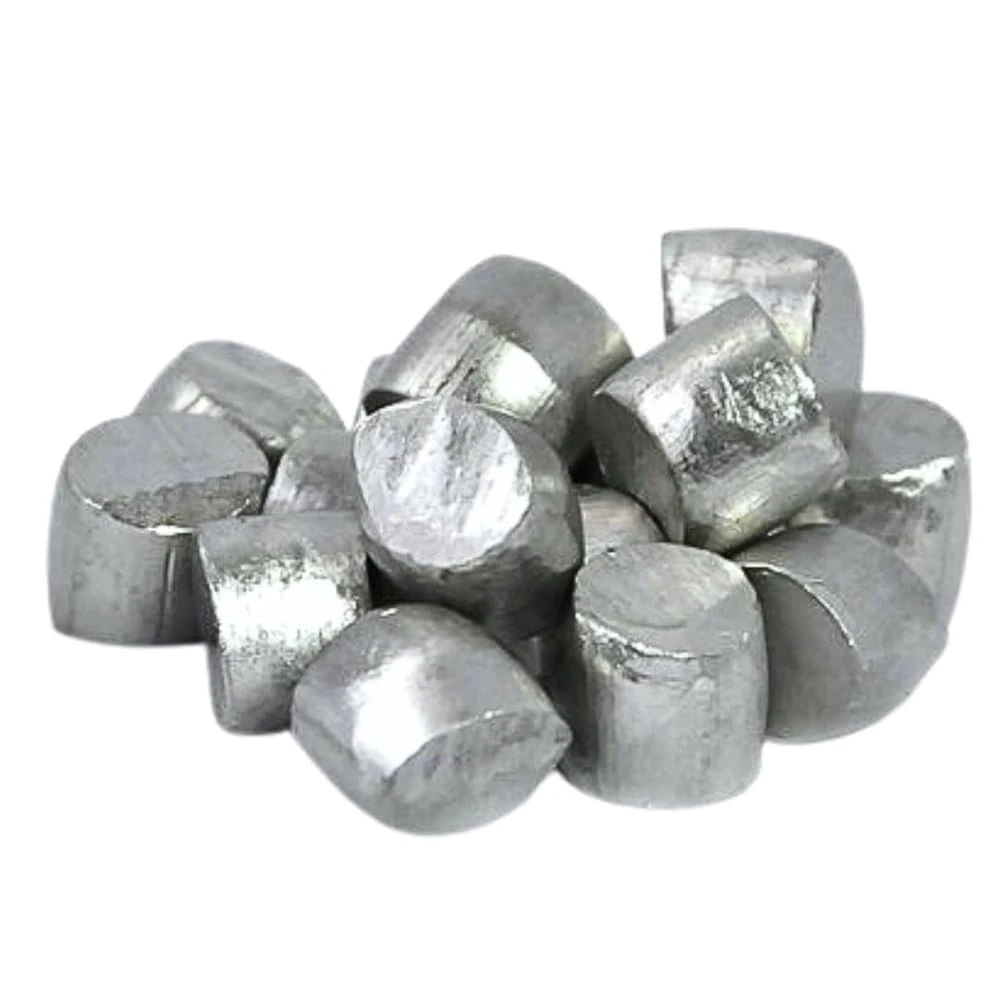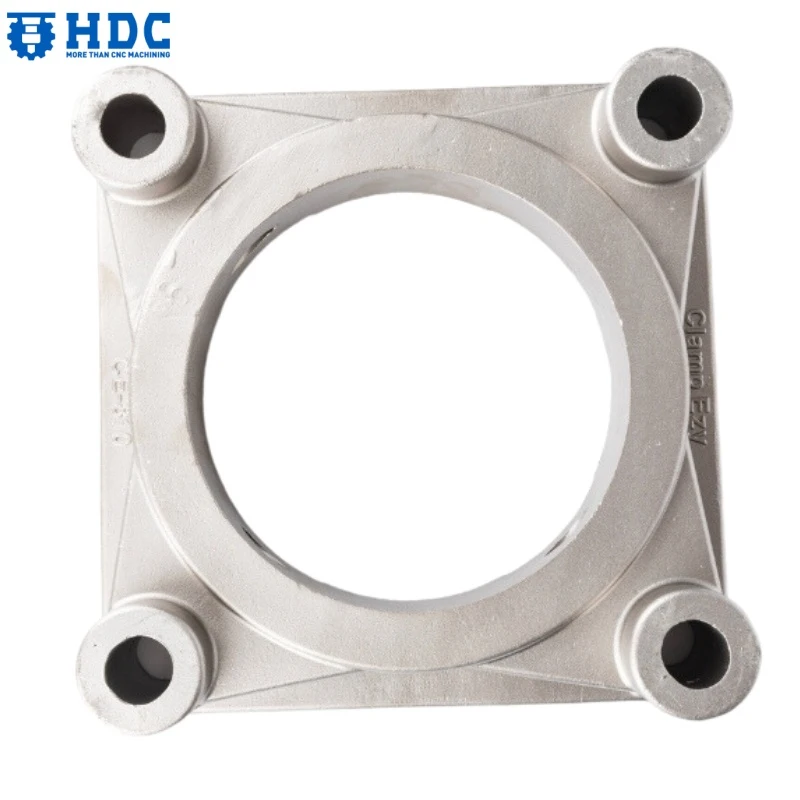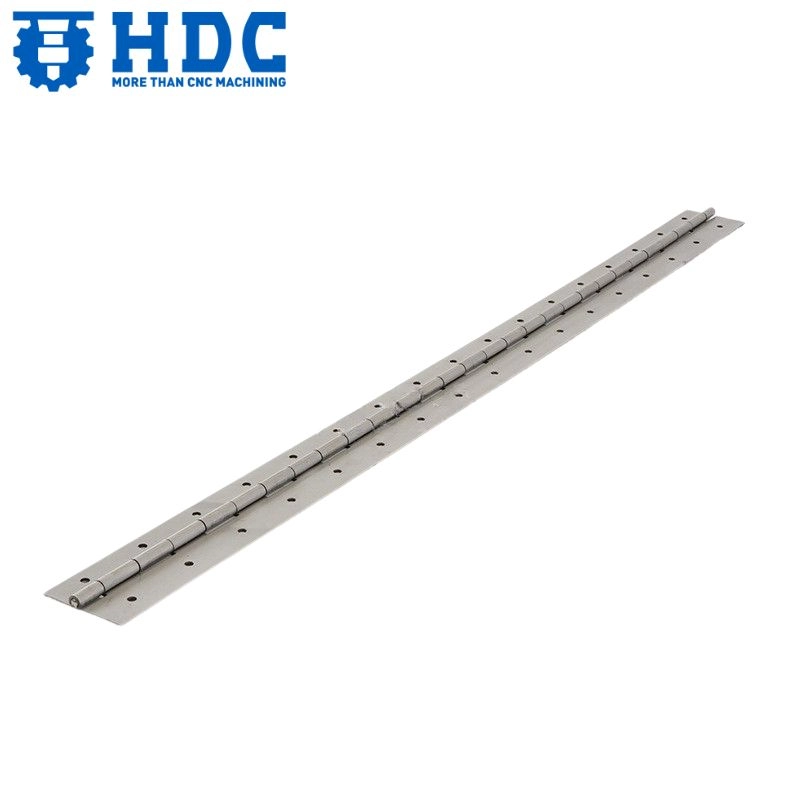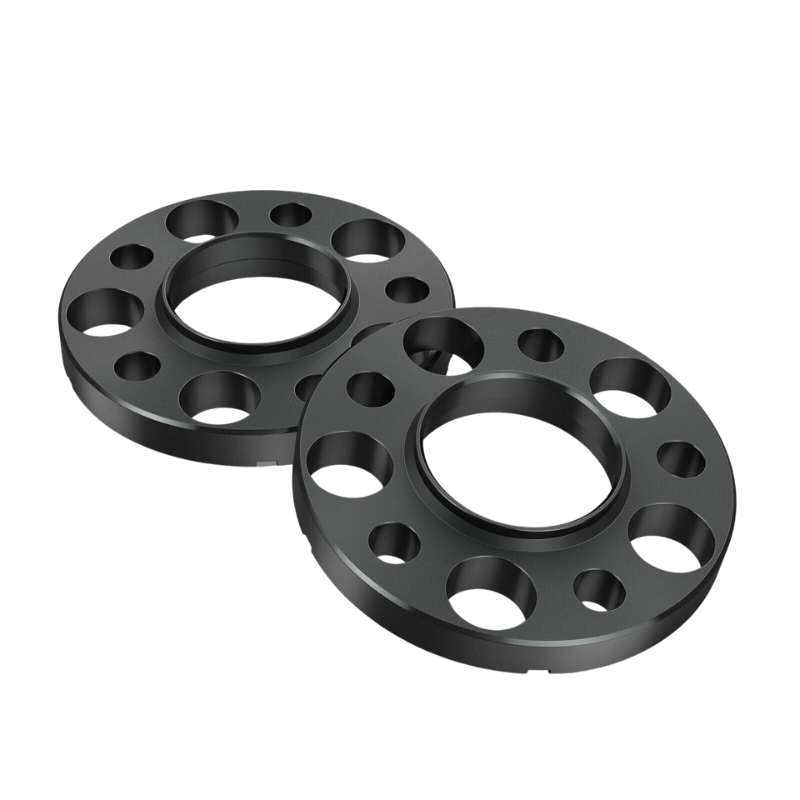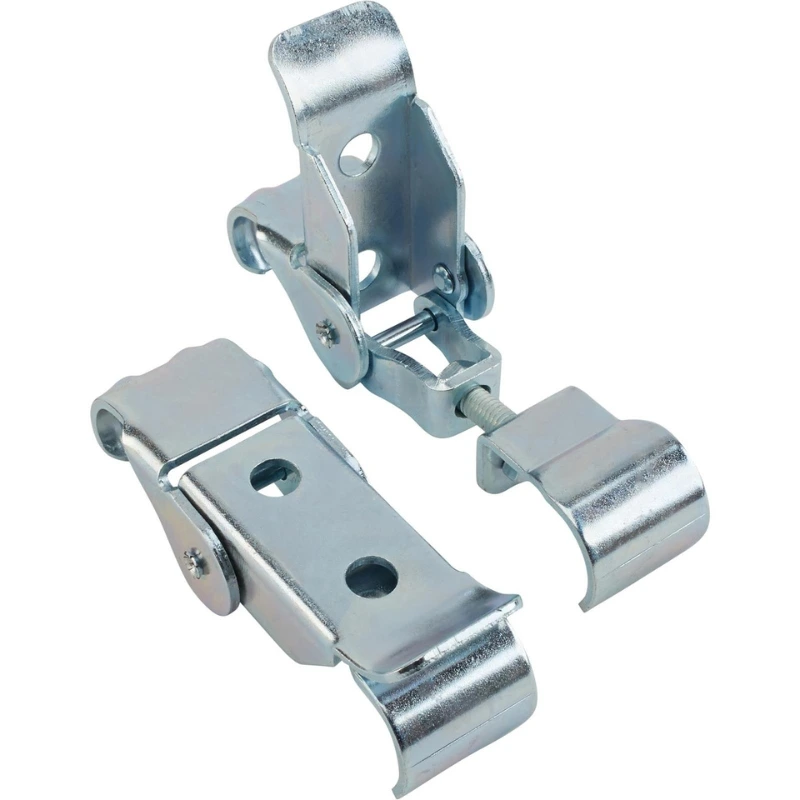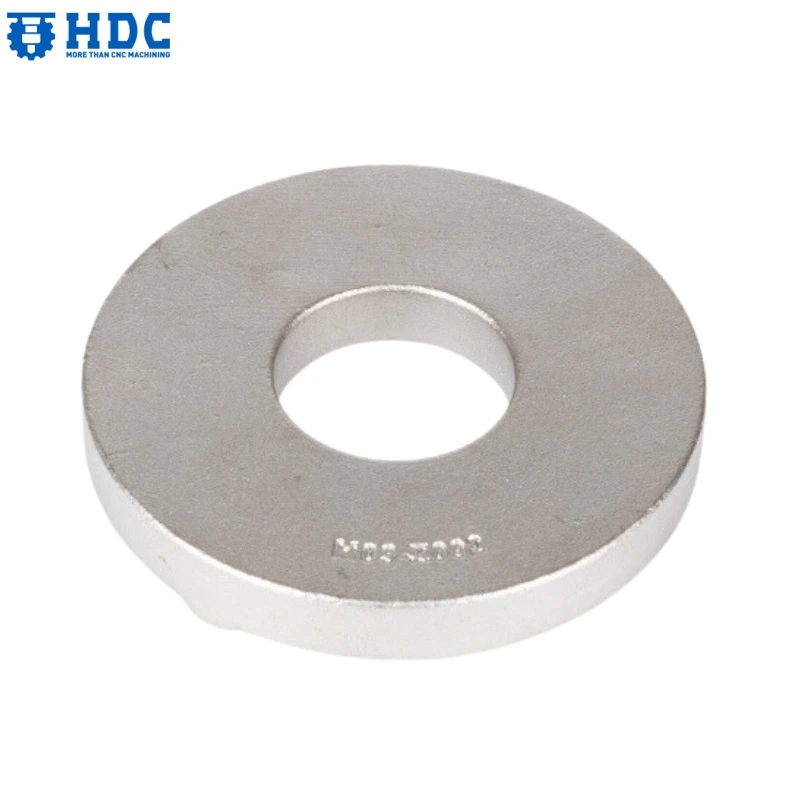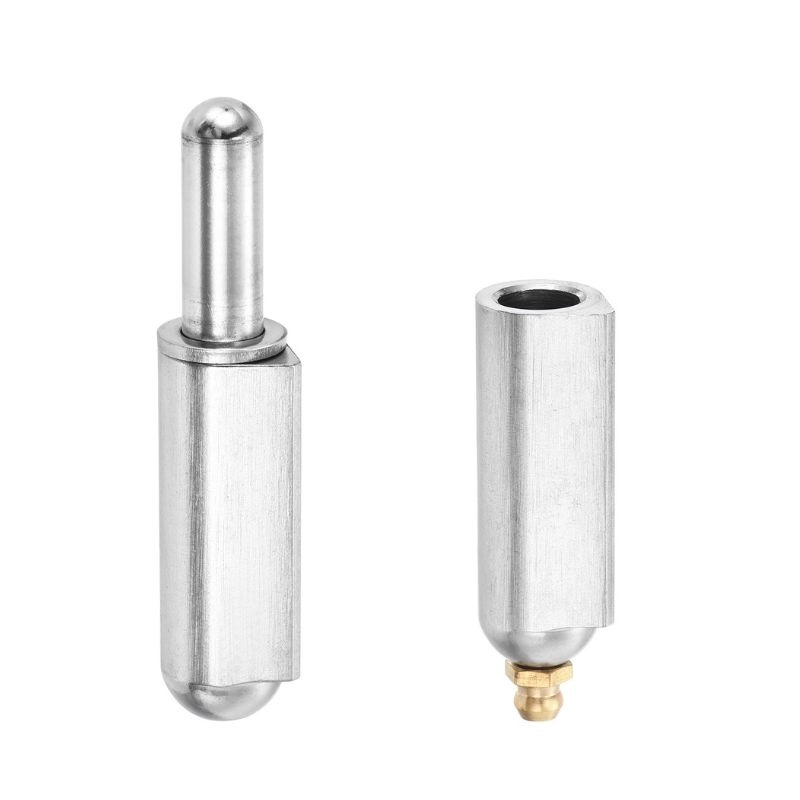Many people seek custom CNC machining services but are often deterred by the perceived high cost. However, CNC machining remains one of the most reliable and efficient ways to produce custom parts with tight tolerances and excellent repeatability. The price of CNC machining varies greatly, depending on several key factors such as materials, workpiece size, design complexity, and accuracy requirements.
In this blog, we’ll break down the various factors that impact CNC machining prices, discuss the operational costs faced by CNC machine shops. Help you fully understand the pricing of CNC machining services and make an informed decision.
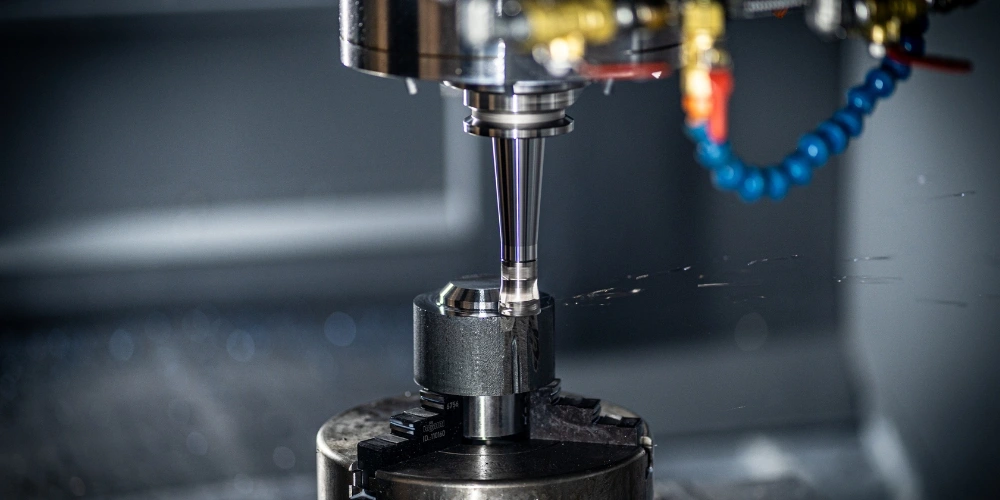
Key Factors Affecting CNC Machining Cost
Understanding the different variables that influence CNC machining prices can help you make smarter decisions and ensure you’re paying a fair price.
1. Material Selection: A Major Cost Driver
The choice of material significantly impacts the CNC machining cost. Materials differ not only in their base price but also in machinability—how easily the material can be cut without excessive tool wear.
Here’s a comparison of typical material prices (per kg):
- Aluminum 6061: $3 to $5 – Excellent machinability, commonly used for automotive, aerospace, and consumer products.
- Stainless Steel 304: $6 to $10 – Durable and corrosion-resistant but harder to machine, requiring slower cutting speeds and tougher tools.
- Titanium: $25 to $40 – Lightweight and strong, but notoriously difficult to machine due to its hardness and heat resistance.
- Plastics (e.g., POM, ABS): $2 to $4 – Lightweight and easy to machine, ideal for prototypes and non-structural parts.
Example:
A simple aluminum bracket weighing 200 grams may cost around $2 in raw material. The same part made from stainless steel may cost $4, while a titanium version could cost $15 or more in raw material alone.
2. Workpiece Size and Volume
The size of the workpiece directly affects material costs and machining time. Larger parts require more raw material and longer cutting times, driving up costs. Additionally, oversized parts may need larger CNC machines, which have higher operating and setup costs.
Example:
A small CNC-turned part, such as a custom screw, may take only 2 minutes to machine on a high-speed lathe. In contrast, a large aerospace component may require hours of machining time, sometimes spread across multiple setups on different machines.
3. Design Complexity
The complexity of the part plays a crucial role in determining CNC machining costs. Simple designs, such as flat plates with holes, are quick and inexpensive to produce. However, complex geometries with undercuts, tight angles, and curved surfaces require advanced machines like 5-axis CNC machines.
- 3-axis CNC machine: Suitable for simpler parts and generally costs $30 to $50 per hour.
- 5-axis CNC machine: Required for intricate parts with complex shapes and costs $75 to $150 per hour due to higher precision and versatility.
Example:
Machining a flat aluminum plate with four bolt holes may take 15 minutes on a 3-axis CNC machine. However, machining a turbine blade with curved surfaces and intricate cavities could take 6 to 8 hours on a 5-axis machine.
4. Tolerances and Precision Requirements
Tolerances refer to the allowable deviation from specified dimensions. Standard tolerances (±0.1 mm) are easier and cheaper to achieve. However, tighter tolerances (e.g., ±0.01 mm or better) require more precise machines, slower machining speeds, and additional inspections.
- ±0.1 mm tolerance: Achievable on standard CNC machines without extra effort.
- ±0.01 mm tolerance: Requires ultra-precision CNC machines with thermal compensation and additional inspections, potentially doubling the machining cost.
5. Labor and Programming Time
CNC machining involves more than just running the machine. The process begins with CAD (Computer-Aided Design) models, which are converted into machine-readable G-code by skilled operators. Complex parts may require hours of programming to optimize tool paths, ensure precision, and reduce errors.
- Programming fees for small-batch production or one-off parts typically range from $50 to $200, depending on the part complexity.
- Simple parts may only take 30 minutes to program, while complex parts with multiple surfaces and tool changes can take 3 to 5 hours.
Understanding the Full Picture: Beyond Material and Labor Costs

When considering CNC machining costs, it’s important to remember that the price of a custom part isn’t just determined by material and machining time. CNC machine shops must account for a range of operational expenses that ensure smooth operations and high-quality outputs. These fixed costs play a significant role in the final pricing:
1. Facility and Maintenance Costs
Operating a modern CNC machine shop involves more than housing machines. Shops often maintain temperature-controlled environments to prevent thermal expansion, which could affect precision. High-end CNC machines also require regular calibration, maintenance, and software upgrades—adding significant costs over time.
2. Energy Consumption
CNC machines, especially high-speed 5-axis models, consume considerable amounts of energy. These machines can draw up to 20 kW of power when running continuously, particularly during complex, multi-axis operations that require advanced cooling systems.
3. Tooling and Wear
Cutting tools—such as carbide end mills, inserts, and diamond-coated tools—wear down over time and need frequent replacement. Depending on the application, each tool can cost anywhere from $50 to $500. This is especially true for machining tough materials like titanium or stainless steel, where tools degrade more quickly.
4. Profit Margin
To remain competitive and cover unforeseen expenses, CNC machine shops typically factor in a profit margin, which generally ranges from 10% to 30%. This ensures that they can sustain their operations while reinvesting in technology and skilled labor.
By factoring in these operational costs, you can see how the price of CNC machining is not just a reflection of material and programming—it’s also influenced by the expenses necessary to maintain the precision and reliability that customers expect.
The Advantages of Custom CNC Machining in China
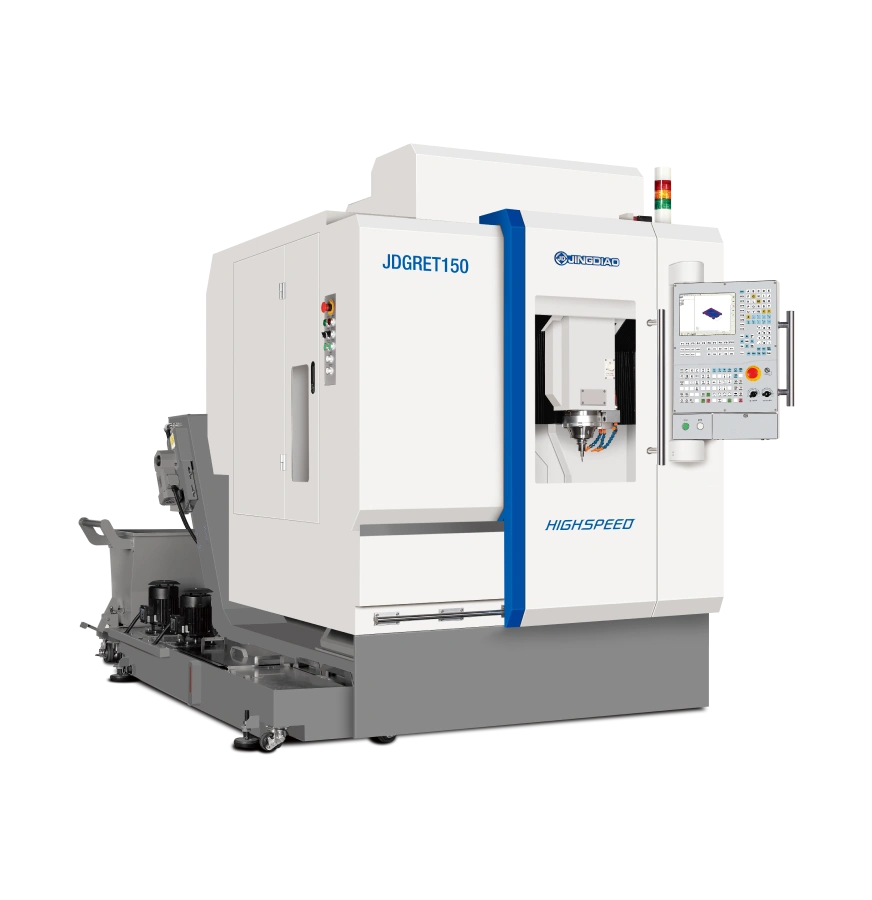
China has established itself as a global leader in CNC machining services, providing high-quality solutions at competitive prices due to a combination of key factors.
1. Lower Labor and Operating Costs
One of the primary reasons businesses choose Chinese CNC machining services is the significantly lower labor costs. In China, a skilled CNC operator typically earns 8,000 to 20,000 RMB per month (approximately $1,100 to $2,800 USD), which is substantially lower than the $4,000+ USD monthly wages seen in the U.S. and Europe. Additionally, operating expenses, such as electricity, water, transportation, and facility rentals, are much cheaper in China. These lower overhead costs allow CNC machine shops to offer more competitive pricing while maintaining top-tier quality.
2. Advanced Equipment and Local Innovation
China’s domestic CNC machine manufacturers have made significant strides, producing machines that rival global brands like Haas and DMG Mori in terms of performance and precision. CNC machine shops in China benefit from affordable, high-performance local machines and enjoy quicker access to spare parts, maintenance, and upgrades. This reduces downtime and lowers maintenance costs, unlike foreign machines, where parts may be expensive or take weeks to ship.
3. Supply Chain Efficiency and Economies of Scale
China’s CNC machining industry thrives due to its robust supply chain and production capabilities. The ability to source materials such as aluminum, stainless steel, titanium, and plastics quickly and at low cost gives Chinese CNC shops a significant advantage.
Many global platforms like Xometry and Protolabs rely on Chinese suppliers for a substantial portion of their CNC machining services due to this efficiency. This highlights China’s reputation as a reliable partner for high-quality yet cost-effective CNC production.
With lower labor costs, cutting-edge equipment, and efficient supply chains, choosing CNC machining services in China is a smart and strategic move for businesses seeking superior quality and competitive pricing.
Why Choose HDC CNC Machining?

At HDC CNC Machining, we provide precision custom CNC parts that meet your exact specifications while addressing common concerns when sourcing overseas. Our facility is equipped with advanced multi-axis CNC machines, high-speed lathes, and precision milling equipment, enabling us to handle complex projects efficiently. We support a wide range of materials, including aluminum, stainless steel, titanium, brass, copper, and engineering plastics, ensuring we can meet the needs of any industry.
We understand the challenges of outsourcing, such as communication barriers and slow response times. That’s why our English-speaking support team ensures clear, timely communication throughout your project. We provide real-time updates, fast responses to revisions, and detailed progress reports to keep your project on track.
Whether you need prototypes or high-volume production, we offer competitive pricing, fast lead times, and exceptional quality. Contact us today to experience hassle-free, cost-effective CNC machining tailored to your needs.
Conclusion
By understanding the key factors that affect CNC machining costs and the advantages of outsourcing to a trusted CNC machine shop in China, you can make cost-effective decisions without sacrificing quality. Let HDC CNC Machining help you turn your designs into reality—precisely and affordably.
Resources:
Discover more with our blog posts.
Recent Posts
Discover more about our products.
Related Products
Instant Quote!

